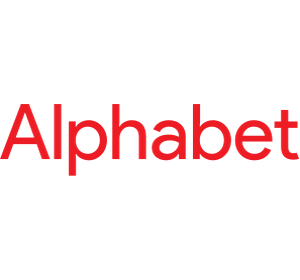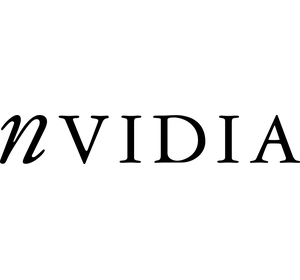$GOOGL $QCOM $NVDA
#GooglePixel #Pixel9a #Google #TechStocks #StockMarket #Smartphones #TechNews #Investing #AI #MobileTech #BatteryLife #Cameras
The upcoming launch of the Google Pixel 9a has been disrupted by a series of early leaks, including hands-on videos that showcase key design and hardware upgrades. The leaks confirm that Google’s latest budget-friendly device will feature a flat design, a larger 5,100mAh battery, and a significantly improved 48MP camera. With this move, Google is strengthening its hardware division, which has become an increasingly important part of its business beyond advertising revenue. The Pixel lineup is pivotal in expanding Google’s ecosystem, integrating AI-powered features that align with its growing focus on artificial intelligence. Notably, the expanded battery capacity suggests an emphasis on endurance, potentially targeting power users who rely on longer-lasting smartphones. The smartphone market is expected to be highly competitive in 2024, particularly with Apple and Samsung also pushing next-generation AI features in their upcoming devices.
Industry analysts observe that Google’s intensified hardware strategy could have broader implications for its financials and stock performance. Alphabet ($GOOGL) has traditionally been driven by advertising revenue from Google Search and YouTube, but the hardware segment—including the Pixel lineup, Fitbit, and Nest—has been growing in relevance. A stronger Pixel offering could signify an effort to generate higher-margin revenues while leveraging AI integrations in its software ecosystem. The company has also been working closely with chipmakers like Qualcomm ($QCOM) and Nvidia ($NVDA) for AI acceleration, further positioning itself as a serious contender in the premium smartphone segment. If the Pixel 9a manages to gain traction among consumers, it could help Google capture a larger share of the Android market, challenging Samsung’s dominance and leveraging Google’s control of both hardware and software.
The smartphone’s 48MP camera upgrade suggests Google aims to enhance its AI-driven photography capabilities, which have been a major selling point for the Pixel lineup. Google’s advanced algorithms are well-regarded for their ability to improve image processing, and this upgrade may help the company bolster the device as a more affordable alternative to flagship models from Apple and Samsung. Additionally, the larger battery capacity could prove crucial for users prioritizing battery life—a key factor in consumer purchasing decisions. Given that smartphone cameras are a major battleground for consumer preference, investors will be watching how these upgrades impact both Google’s competitive positioning and component suppliers like Sony, which produces camera sensors for many smartphone manufacturers.
With the March 19 launch approaching, market watchers will keep a close eye on Google’s pricing strategy and how the Pixel 9a fits into its broader business ambitions. The smartphone industry has seen softening demand in certain segments, but AI differentiation could help propel new demand. If Google can position the 9a as a high-value device with compelling AI features, it could drive incremental revenue growth within its hardware division. However, the competition remains fierce, and the success of the Pixel 9a will largely depend on Google’s ability to market it effectively and deliver software updates that enhance the user experience. Investors in Alphabet ($GOOGL) and key suppliers should remain attentive to early pre-order numbers and official announcements, as these will provide insight into whether Google’s strategic shift toward hardware is gaining meaningful traction.











Comments are closed.